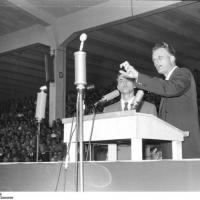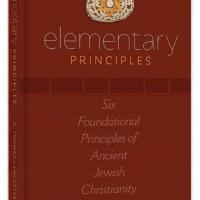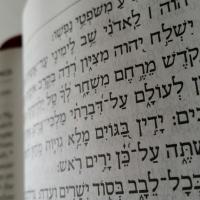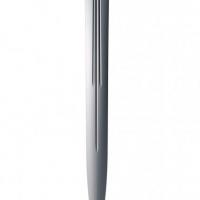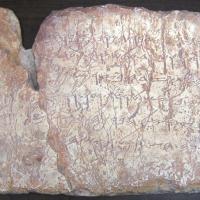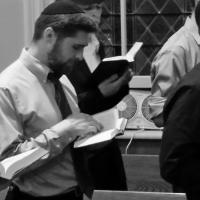The elementary principles include the subject of baptism and instructions regarding immersions. In this teaching, we look at the evidence from early Christian documents. Find out how the second-century Christians welcomed new converts into the body of Messiah. This teaching contains quotations from Justin Martyr's First Apology, from the Didache, and from the Apostolic Constitutions. The quotations are available in the PDF document below titled Initiation Texts.
Visit Our Messianic Synagogue
Beth Immanuel is a friendly and welcoming community. Click here to learn what to expect when you visit.
Join us as we enthrone the God of Israel with praise and uplift the name of Yeshua the Messiah!
Our Messianic Synagogue is located in historic Hudson, Wisconsin, just minutes away from St. Paul, Minnesota.
We always welcome visitors, but special events and holidays are wonderful times to visit.
Messianic Jewish Teaching
Download and listen to uplifting and insightful teachings presented by D. T. Lancaster and special guests.
Read and study teachings and Bible studies from a Messianic Jewish perspective on a variety of topics.
Grow and learn daily through interactive video lessons from a variety of teachers.







